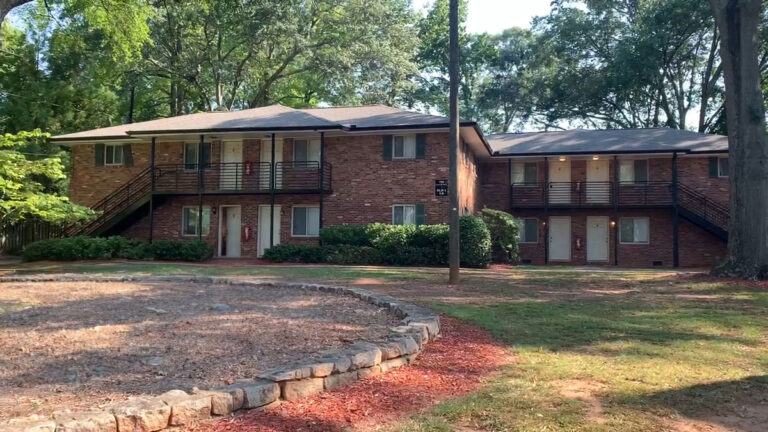Why the question tops Wellroot Family Services’ priorities for foster care kids becoming adults
By Michael J. Pallerino

There are times it happens. Times when some young adults in foster care turn 18 without having found a permanent connection or family to help in that next-life transition. It is in those moments that Allison Ashe stands tall. It is where, as CEO of Wellroot Family Services, she helps bridge the fragile connection between the two worlds.
The 150-year-old organization—an agency of The United Methodist Church in North Georgia—combines a faith-centered service and trauma-informed care approach with strong, evidenced-based practices that not only work in foster care, but across the entire continuum of care through a carefully crafted suite of programs. The Wellroot approach starts with prevention (keeping children from ending up in foster care in the first place), to support for family reunification and programs for youth transitioning out of foster care. “We meet them where they are and help them identify what they want to do next,” Ashe says. “Young adults in our program work with an educational specialist to map a path to their goals.”
According to the latest U.S. Department of Health and Human Services “AFCARS Report,” there are nearly 11,000 foster care kids in Georgia, which includes ones in group homes, transitional living, etc. Since the pandemic, Wellroot has almost quadrupled the number of people it serves across its other programs. Over the past year, it has served more than 2,500 people, including families, children, young adults and training for community supporters.
While the critically important work has its share of success stories, it does not come without challenges. “One of the biggest we face is not having enough foster parents,” Ashe says. “People are tired post-Covid and, as a result, Wellroot and other organizations like us continue to experience a drop in inquiries from families interested in fostering. This issue is a national and statewide issue.”
And when there is not enough foster parent support, there comes a critical need to help young adults heading into the even more intense realities of life. One of the ways Wellroot helps is with its Transitional Living Program, which provides life skills training (cooking, financial budgeting, laundry, etc.), housing, tutoring, mental health support and career development. Wellroot provides 24-hour support in a community-based housing setting. It also assists with school applications, FAFSA, housing, and more, essentially helping guide its residents through the process of earning their high school diploma or GED, and advising them as they enter college or trade school.
“Right now, 76% of our Transitional Living Program clients are on track to graduate from high school or earn their GED,” Ashe says. “As they move toward independence, 100% of our Independent Living Program clients will successfully gain employment, compared to only 50% of similar youth across the country.”
Another vital ally is Wellroot’s living complex, which includes two apartment buildings and one house. After completing a renovation several years ago, construction is underway on Phase 2 at the 750 E. Lake Drive property. The renovations will help the program serve more youth and include a community center to host on-site training and classes, holiday events and more. More help is on the way. This year, Wellroot purchased the Avondale Pattillo property, with plans to create a dynamic, healing, multi-use community campus serving children, youth, families and the wider Avondale/Decatur community. Future plans include consolidating Wellroot’s organizational headquarters on the site, as well as establishing long-term developments supporting Wellroot programs.
The rewards can be found in the victories Wellroot celebrates every year. “Last year, we had six young people graduate from high school or earn their GED,” Ashe says. “We see them go on to college and succeed in college, we see them gain employment—and that’s not what normally happens in such scenarios.”
The Wellroot Approach—and how you can help
Wellroot Family Services’ mission is strengthened by community support, whether through becoming a foster parent, volunteering or contributing to initiatives like tax credits.
For Decatur residents, supporting Wellroot just got easier, thanks to the Fostering Success Tax Credit initiative. Passed in 2022, the initiative enables Georgia taxpayers to redirect a portion of their 2024 state tax payments to support foster youth programs, providing a dollar-for-dollar tax credit. With contribution limits lifted as of July 1, 2024, individuals and businesses can maximize their impact on the lives of youth transitioning out of foster care.
To learn more about how your tax payment can help provide stable homes, essential resources, and pathways to independence for Georgia’s foster youth, visit Wellroot.org/tax-credit or call 404-327-5877.







